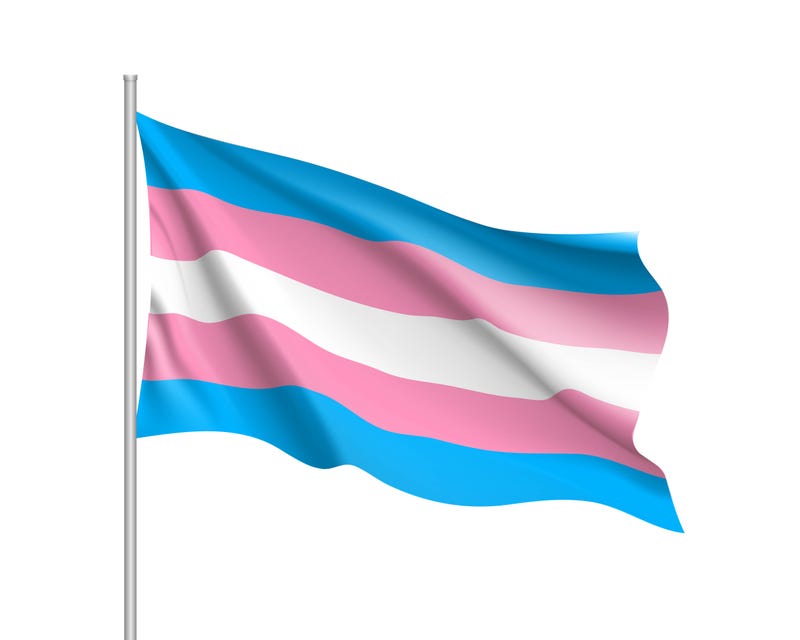
Restrictive voter identification laws in some states could make it more difficult for trans Americans to cast ballots in November’s general election, according to a report released Tuesday by the Williams Institute.
Upward of 210,000 voting-eligible transgender adults are likely to face barriers to voting this fall because they lack identity documents that match their gender and live in states with strict voter ID laws that conduct their elections primarily in person, according to the report, including an estimated 91,300 who could face disenfranchisement in states with rigid photo ID requirements.
Voters in those states without acceptable identification must vote on a provisional ballot, used to record a vote when there are questions about a voter’s eligibility. In some instances, state law may require voters to submit a photo ID after Election Day for the provisional ballot to count, according to the National Conference of State Legislatures.
According to the Williams Institute report, voters in 27 states will face new restrictions for the 2024 general election that were not present for the 2020 general election.
Nearly 173,000 transgender adults live in states with the strictest voter identification laws, according to the report, accounting for roughly a fifth of transgender Americans eligible to vote in the 2024 elections. An estimated 276,500 trans adults lack identity documents that correctly reflect their chosen name or gender identity, though not all of them live in states with voter ID laws.
Three of the seven battleground states that are likely to determine the presidential election — Wisconsin, North Carolina and Georgia — have restrictive voter ID laws, impacting the ability of roughly 135,500 transgender adults to vote, according to a 2022 Williams Institute estimate.
LGBTQ voters are highly motivated to vote in this year’s presidential election, according to a March survey from the LGBTQ media advocacy organization GLAAD, with 83 percent of respondents indicating they are “definitely” voting. When asked about their level of motivation to participate in this year’s elections on a zero-to-10-point scale, 88 percent of LGBTQ voters rated themselves between seven and 10.
In a survey of more than 1,200 transgender adults in July, 32 percent said they are “enthusiastic” about the upcoming presidential election, especially with Vice President Harris as the Democratic nominee.
A survey of transgender Americans conducted by Advocates for Trans Equality, a transgender rights group, in 2020 and published in February found that trans people are more likely to be politically engaged, with more than 80 percent of voting eligible respondents reporting they were registered to vote in 2020. This story was first published at TheHill.com
